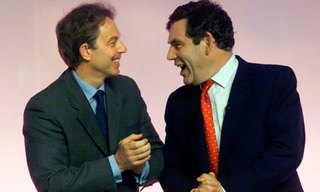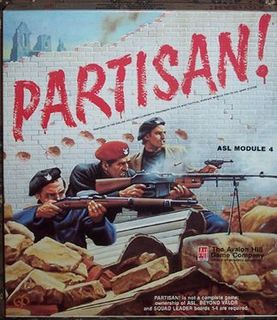
Never afraid of flogging a dead horse, yesterday I presented my short paper on some problems of partisan social movement research again. I've summarised the main points in an earlier post, so I'll dwell on perceived problems that came out through the questioning, questions that are likely to resurface wherever the research is presented.
The first question was on the decision to look at the life histories of Socialist Party and Socialist Workers' Party activists. If my research is supposed to be an intervention within the academic social movement research field, then to what extent can both organisations, as rather small groups, be considered relevant movement actors? Second, why go for Trotskyists when other fringe groups, such as Islamic radicals like Hizb ut-Tahrir command greater attention? The third question addressed the problem of validity - given the small number of people who took part in the life history interview process, to what extent can any arguments based on the data be generalised?
Responding to the first question, as well as producing research that hopefully will reflect well on British Trotskyism as a whole, there are several issues within the social movement literature that the work seeks to address. For example, historically a lot of attention has been paid to the origins and mobilisations of movements, but typically these theories operate at the level of collectives. As the late social theorist, Alberto Melucci, often noted, this typically meant treating collectives as discrete units of analysis without any thought going into how collectives themselves are constituted. So one objective is to look at the existing models of mobilisation in light of how my sample lived their radicalisation to get a finer conceptual grip on this process. The second objective is to contribute toward a dynamic model of commitment, which again requires breaking from the kind of thinking critiqued by Melucci. The SP, the SWP, and their forerunners have more or less had existences spanning roughly 60 years, and my sample have a collective membership in excess of 160 years. But this continuity cannot be taken for granted. Given the ups and downs of the left political environment plus the tendency of their memberships to historically have a high turn over, how do the organisations perpetuate themselves and how do long term activists retain and live that commitment? The life history data in my interviews are full of examples of lifestyle shifts, decisions that needed to be taken, and so on, which in conjunction with not dissimilar work on environmentalist, 'official' communist, and feminist activists could help flesh out existing conceptual work on the topic.
Strictly from the perspective of academic social movement research, British Trotskyist activists present an interesting case study. But this is not the only reason for selecting the SP and SWP. In the case study literature, it is often the weird and wonderful anti-capitalist/anarchist activist fauna that have, since the initial ritual mobilisations against World Bank, IMF, G8 etc. meetings, been commanding most attention. But not only are Trotskyists an important, if overlooked contingent on these actions, both the SP and SWP can and do play significant roles in other mobilisations. These roles are not immediately apparent because they are "hidden" to an extent. Also, most public activity appears to consist of Saturday stalls and paper sales, which further obscures their true contributions to movements of various kinds. An accurate appreciation of SP and SWP activity requires sustained contact and in-depth study. Trotskyists might not command the kind of media attention Militant once attracted, or the panics surrounding domestic Islamic radicals, but they do occupy an important place in the British social movement landscape.
The final point, validity. Like most work of qualitative sociology, owing to the character of the data gathering process (in this case, two 90 minute interviews and a further session lasting 45-60 minutes per respondent) large sample sizes are not practical if there is a single researcher. Secondly, qualitative sociology is well aware making generalisations based on its rather specific findings is problematic. The work makes no claims to speak of Trotskyist life histories beyond the project's volunteers. The problem of validity here is different. Any scientific claims rest not on the wide applicability of the findings, but on the content of the interviews. How are we to know respondents didn't seek to portray themselves or their organisation in a favourable light at the expense of the truth? Of course, there is no real way of knowing, though consistency in accounts and revisiting particular topics are a good indicator. Also, if a rapport is established between researcher and researched and respondents are convinced of the project's utility, the truth claims of their narrative are more likely to be stronger. Finally, accounts can be checked against those of other contemporaneous activists engaged in the same struggles and mobilisations.








